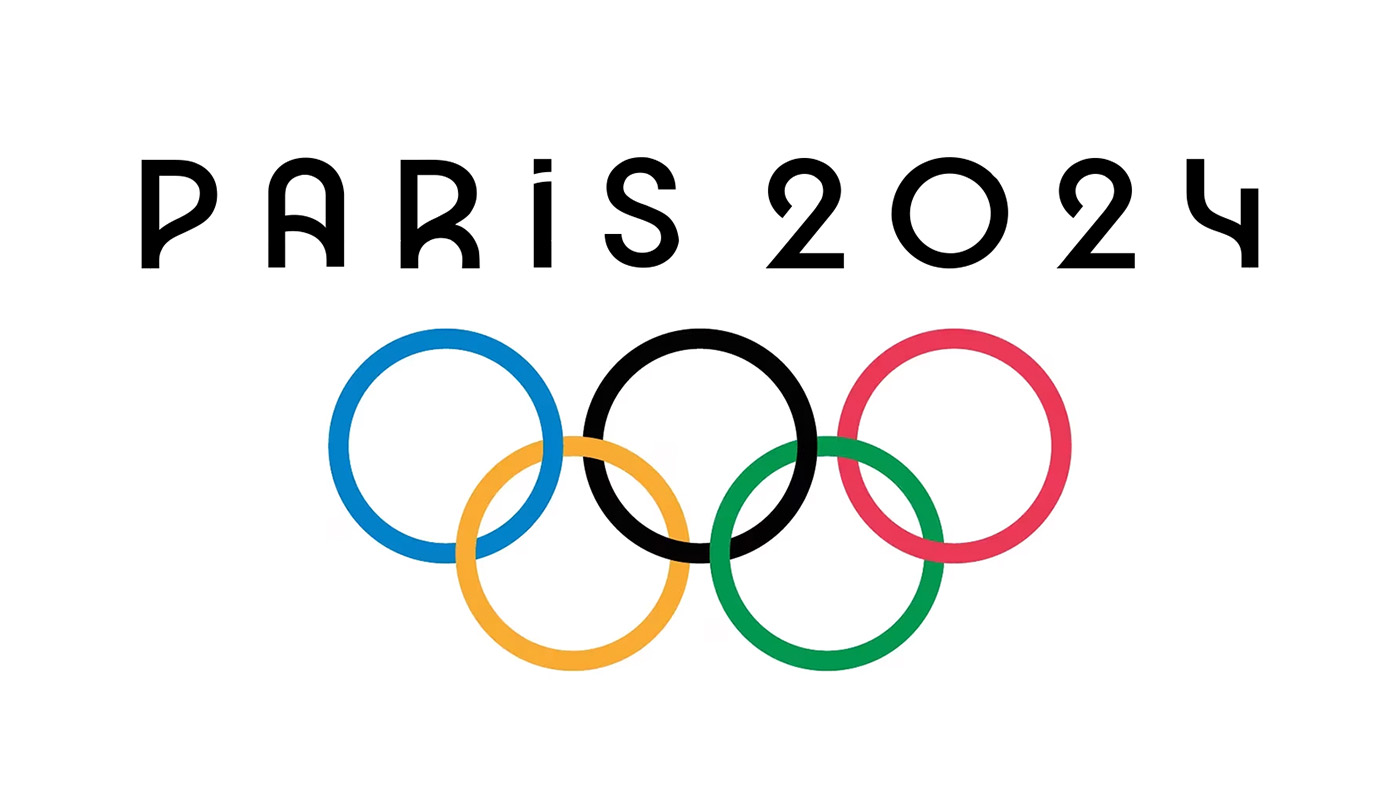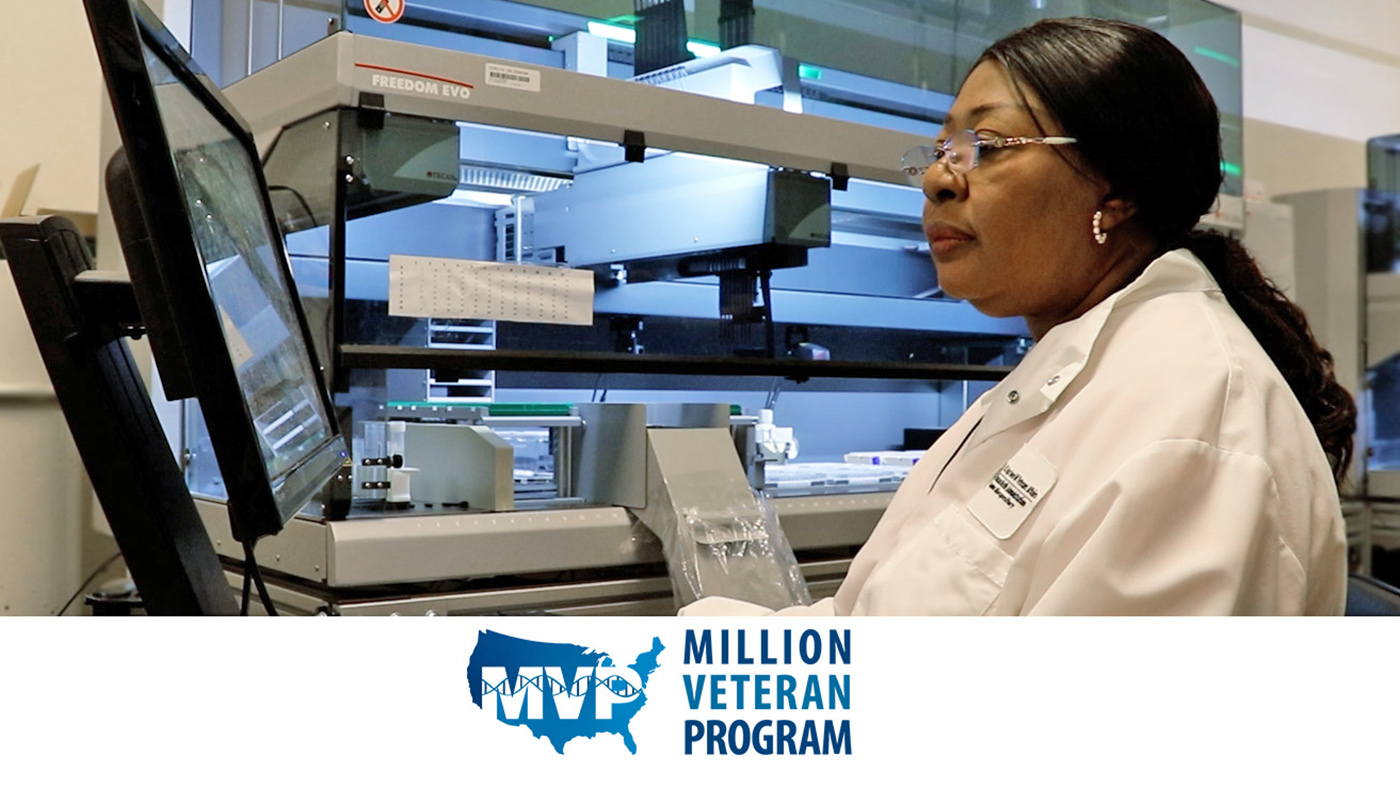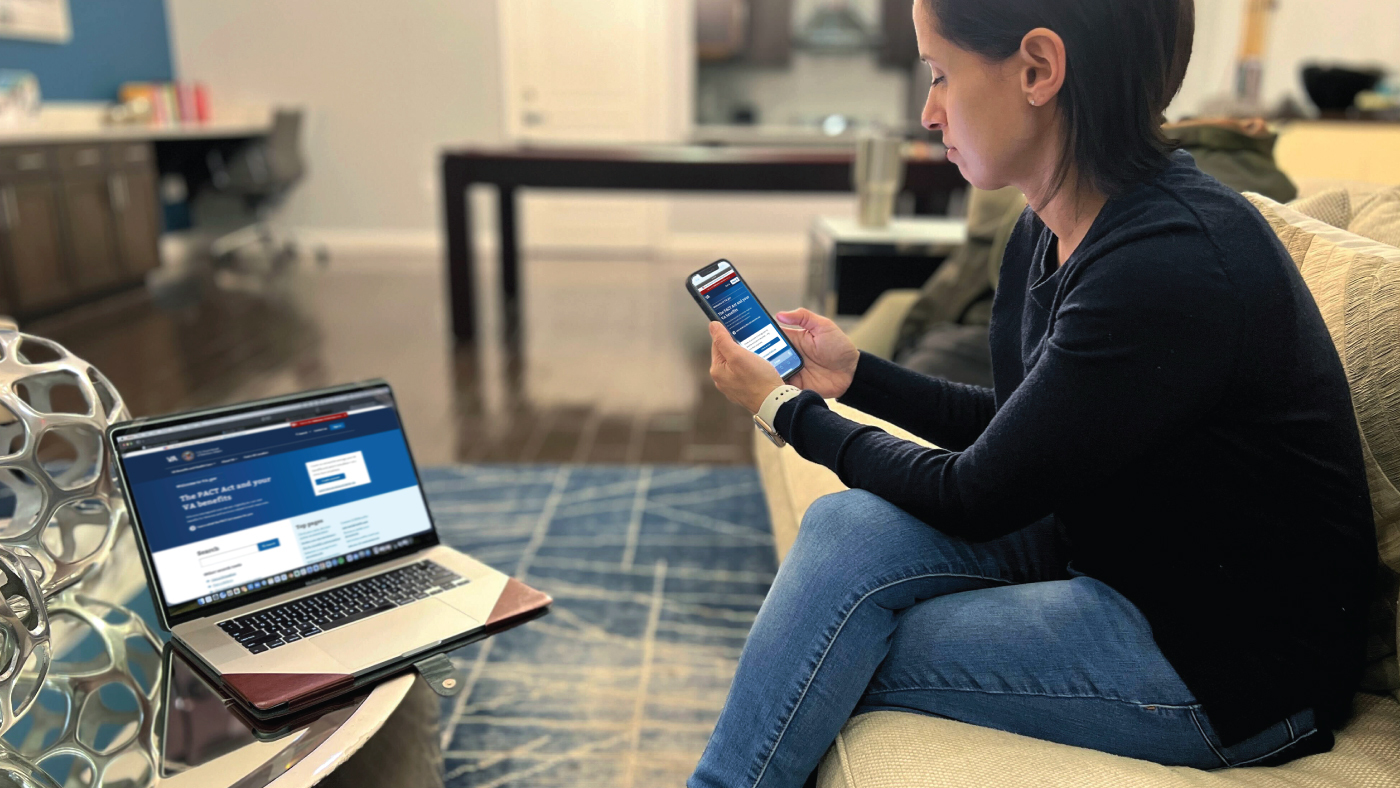Conventional “on pump” surgery, around since the middle of the last century, uses a pump that takes over the job of the heart and allows doctors to stop the organ, making it easier to operate. Another method, which has enjoyed renewed interest since the mid-1990s, is “off pump” surgery: It avoids the pump—and some potential complications, according to many experts—but can be a trickier procedure.
Now, VA researchers have reported five-year outcomes from more than 2,200 Veterans who underwent heart bypass surgery at 18 VA medical centers between 2002 and 2007. The patients—almost all men, with an average age of around 63, and most having multiple illnesses and two to three diseased blood vessels—had been randomly assigned to traditional “on pump” surgery or the less conventional “off pump” method.
The main outcome measure—how many patients died during the five-year follow-up, from any cause—favors the on-pump group. They had an 11.9 percent rate of death, versus 15.2 percent in the off-pump group. This represents a 28 percent higher risk for the off-pump patients.
“This is a moderately sized, clinically relevant difference,” notes lead author Dr. A. Laurie Shroyer, lead author on the new report, which appeared online Aug. 17 in the New England Journal of Medicine.
The study, which published its one-year outcomes in the New England Journal of Medicine in 2009, has been one of the world’s largest and most rigorous trials comparing the two methods of heart bypass surgery. It was sponsored by VA’s Cooperative Studies Program.
Click here to read more about the study and its findings on the VA Research Currents web site.
Topics in this story
More Stories
Seven U.S. Army soldiers, one Army Reserve soldier and two Veterans are representing Team USA at the 2024 Olympic Games in Paris, which begins today.
The findings of this new MVP study underscore the importance and positive impact of diverse representation in genetic research, paving the way for significant advances in health care tailored to Veteran population-specific needs.
VA reduces complexity for Veterans, beneficiaries, and caregivers signing in to VA.gov, VA’s official mobile app, and other VA online services while continuing to secure Veteran data.







I will gladly pay any co-pays.
I am a Korean War Time Vet, 87 years old, many Heart problems, Honorable Discharge but cannot get Health care because I don’t qualify for Medicaid, What gives Why the CAPTHA Code.
I appreciate all the hard work that is being done on my behalf. As 100% disabled Vet. I am very thankful for everything that isbeing done. Thank you for all the time and effort.